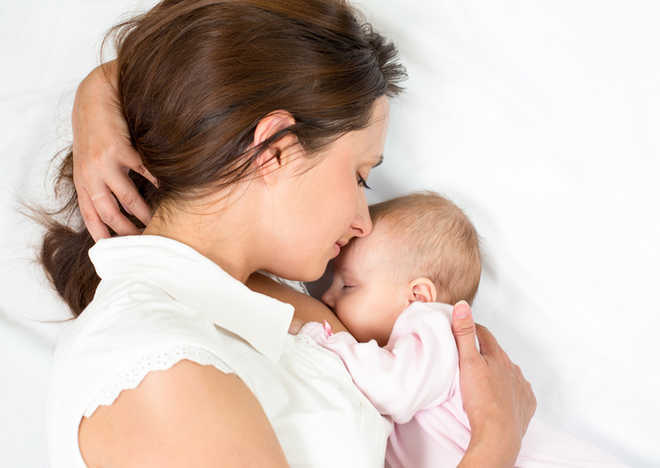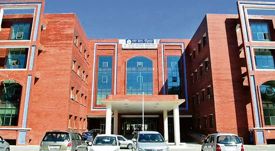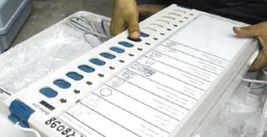
Photo source: Thinkstock
NEW YORK: Breast milk has protective sugars that could provide a one-two punch against deadly bacterial infections in babies, according to a study which may lead to new antimicrobial drugs.
Researchers at Vanderbuilt University in the US found that some of the carbohydrates in human milk not only possess antibacterial properties of their own but also enhance the effectiveness of the antibacterial proteins also present.
“This is the first example of generalised, antimicrobial activity on the part of the carbohydrates in human milk,” said Steven Townsend, assistant professor at the Vanderbilt University in the US.
Group B Streptococcus (GBS) is a Gram-positive bacterial pathogen that is a common cause of neonatal sepsis and meningitis.
“In most women, the group B strep that is present will not cause illness. But for newborn babies, a GBS infection often leads to sepsis or pneumonia, and in severe cases death, because they do not have fully developed defence mechanisms,” Townsend said.
Researchers, instead of searching for proteins in human milk with antimicrobial properties, looked at the sugars. They collected human milk carbohydrates, also called oligosaccharides, from a number of different donor samples and profiled them.
The team then added the compounds to strep cultures and observed the result under the microscope.
This showed that not only do some of these oligosaccharides kill the bacteria directly but some also physically break down the biofilms that the bacteria form to protect themselves.
Researchers found that the sugars from one sample nearly killed an entire strep colony. In another sample, the sugars were moderately effective while the remaining three samples exhibited a lower level of activity.
In a follow-up study, they are testing more than two dozen additional samples.
So far, two broke down the bacterial biofilms and killed the bacteria, four broke down the biofilms but did not kill the bacteria and two killed the bacteria without breaking down the biofilms, researchers said.
“Our results show that these sugars have a one-two punch.
"First, they sensitise the target bacteria and then they kill them. Biologist sometimes calls this ‘synthetic lethality’ and there is a major push to develop new antimicrobial drugs with this capability,” said Townsend.
The study was published in the journal ACS Infectious Diseases. PTI


























